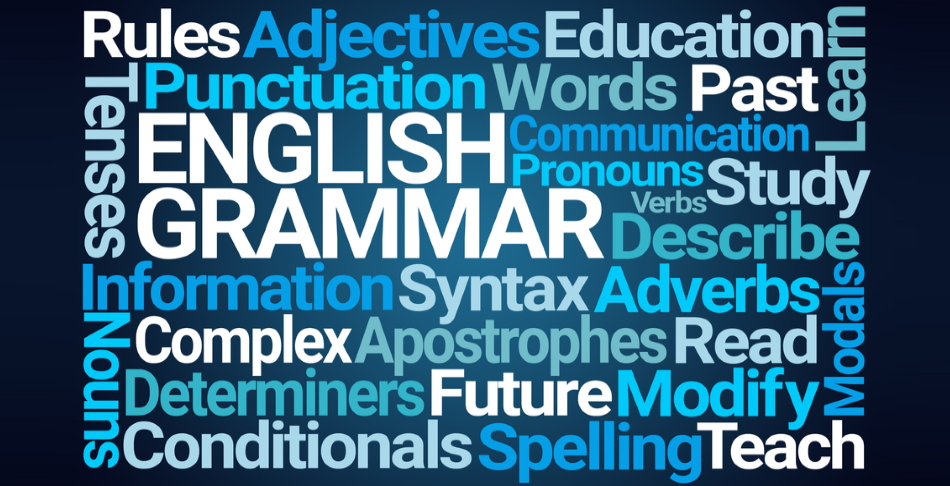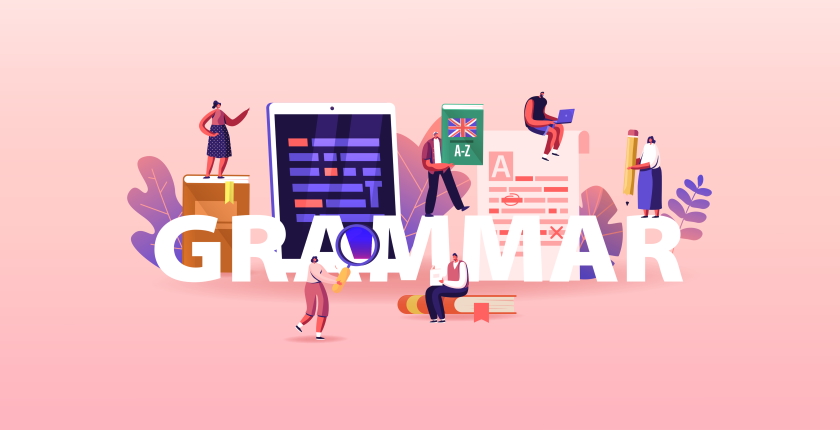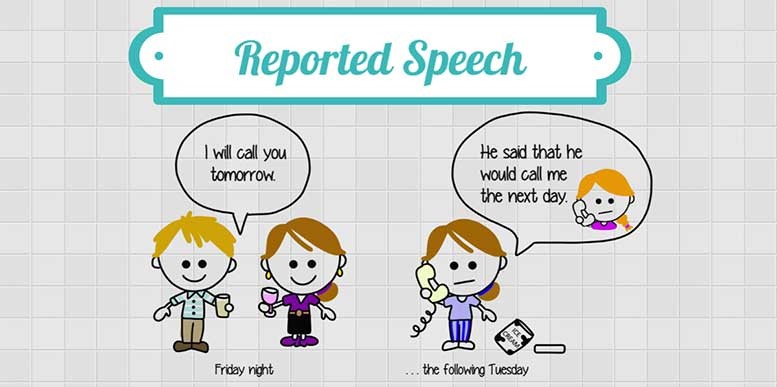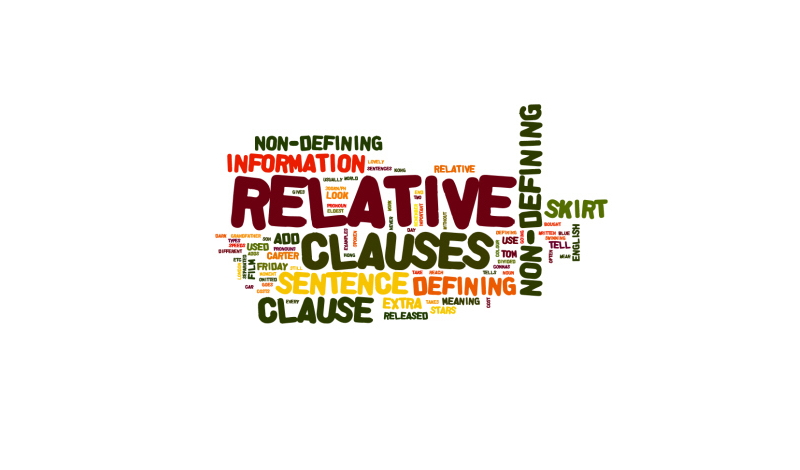
The Passive Voice
Many ESL students find the passive voice to be both confusing and frustrating… So, how do you teach a hard and challenging concept in a way that is fun and easy to understand? With fun activities, of course! Classroom Game I: Changing the Room Beginners & Pre-intermediate / Young Learners & Teens This is a tried-and tested-game that is fun and easily adaptable to past and present tenses. Divide your class into two teams and send one member from each team out of the room for 2 minutes. Have all the other students move some items around in the classroom, and then call the two members back in. They try to find out how many things have been changed, e.g. ‘My books were put on another desk’ or ‘These chairs have been moved’. You can award a point for each correct full sentence in the passive voice (or other specified tense). Don’t forget to set a time limit so that as many students as possible can have a turn! Classroom Game II: Solving the Crime Beginners & Pre-intermediate / Young Learners & Teens Are you ready to turn your students into detectives, investigating an exciting case? Think of a crime that could have been committed in your classroom and create the crime scene. Your students must solve the crime, writing down all the clues they can find in the passive voice, e.g. ‘Muddy footprints were everywhere on the floor, and almost all our chairs were turned over!’. * Tip: For younger learners, choose a non-frightening crime that could not be realistic, e.g. ‘A fire-breathing dragon tried to enter the classroom and destroy everything!’. You could also tell your students how many clues are hidden in the crime scene. The Passive Voice Board Game Pre-intermediate / Teens Yes, the passive voice in English can be tricky. That’s why E-planet is here to help! You just need this amazing board game from our Voices 6 series to make learning and practicing the passive voice enjoyable! Download it here: The Passive Voice Board Game. www.eplaneteducation.com...

Comparatives & Superlatives
If you’re teaching English comparative and superlative adjectives and you’re looking for some fun and smart ideas, activities and worksheets, you’re in the right place! Read on to find good, better, and the best ideas to teach comparatives & superlatives! Let’s Start! Beginners / Young Learners You just need this amazing worksheet from our Voices 2 grammar book to make learning and practising the comparatives and superlatives enjoyable! Download it here: Let’s Start! The Amazing Facts Worksheet Beginners / Young Learners& Teens What are the biggest animals in the history of the earth? What is the driest place in the world? And are hippos really happy and funny? Motivate your English learners to find out more about our world and practise the comparatives and superlatives at the same time with this fun worksheet from our Voices 4 series! Download it here: The Amazing Facts Worksheet. The Guinness World Records Pre-intermediate & Intermediate / Teens & Adults Give your students the chance to work on a collaborative project to develop their creative and critical thinking skills. Ask them to find information about some of the most impressive world records on the official Guinness World Records website and present their findings to the class. Explain that when presenting their project, they have to use as many comparatives and superlatives as possible, e.g. ‘In the past twenty years, architecture and structural engineering have progressed so steeply that soaring skyscrapers have now become a standard feature in many of the world’s biggest and wealthiest cities. However, the tallest and most impressive building in the world is Burj Khalifa!’....

Conditionals
Conditionals can be a troublesome grammar point for EFL learners. That’s why E-planet is here to help! The best way to convince your students that learning conditionals isn’t boring, is to teach them in an exciting way. The right approach to conditionals can transform grammatical theory into fun practice, right before your eyes! Pass the Ball Beginners& Pre-intermediate / Young Learners & Teens This activity is designed for young students, but it could also be effective for the young at heart! You will only need a small soft ball, or other item that can easily be thrown and caught without causing injury or damage. Form a conditional sentence, telling something true about you, e.g. ‘When I wake up, I always drink coffee.’, ‘If I were taller, I'd become a basketball player.’ or ‘If I hadn't come to class today, I would have met my friends.’. Then call out again the first half of the conditional sentence, throw the ball to a student, and let him/her create a different ending. The Extraordinary People Worksheet Pre-intermediate / Young Learners & Teens You just need this amazing worksheet from our Voices 6 series to make learning and practising the conditionals enjoyable! Download it here: The Extraordinary People Worksheet. www.eplaneteducation.com Who Will Be the Next President? Pre-intermediate / Young Learners & Teens Have your students write a list of things they would do if they were put in charge of the world. Explain that they have to use the 2nd conditional, e.g. ‘If I were the president of the world, I would forbid homework for all English learners!’. Tip: Make sure your students realise that the ‘if’ clause and the main clause order doesn’t matter; the meaning is the same. Also don’t forget to note that a comma is always needed when the ‘if’ clause comes before the main clause. Then let them present their ideas and election promises in class. Explain that they have to use the 1st conditional, e.g. ‘Dear classmates, if you vote for me, I’ll forbid homework for all English learners!’. At the end, your students can then decide who the best candidate is! The IF Game Pre-intermediate / Young Learners & Teens Use an exciting board game from our Voices 6 series to offer your English learners a fun and meaningful learning opportunity! Download it here: The IF Board Game. www.eplaneteducation.com...

The Causative Form
Since the causative form does not even exist in many other widely spoken languages, teaching it can be hard. That’s why E-planet is here to help! The Warm-up Activity Beginners / Young Learners & Teens Write the word ‘HOPP in the middle of the board and explain that it stands for Have, Object and Past Participle. That’s an easy memory tool! Then say to your English students that you know someone who is multi-talented and can do everything! But since you can’t or don’t want to do everything yourself, you need to get someone to do things for you. That’s why you need to know the causative form. After providing some examples and making sure that your students understand the main idea (you cause the action by having another person do it), proceed to the next activity. The Crazy Billionaire Beginners / Young Learners & Teens Tell your students to imagine that they are billionaires who have more money than sense! Ask them to give you some examples of their weird and fun daily routines, e.g. ‘I have my hair done every day by top stylists!’. The HOPP Worksheet Beginners & Pre-intermediate / Young Learners & Teens Help your students practise the causative form with the help of some fun exercises from our Summer Voices 6 course Download it here: HOPP – the causative form.. www.eplaneteducation.com The Causative Form Board Game Beginners & Pre-intermediate / Young Learners & Teens Let your students play in pairs and form sentences using the causative form. If a wrong answer is given, the pair goes back three spaces. The first pair to reach the FINISH box wins the game! Download it here: The Causative Form Board Game. www.eplaneteducation.com...

Reported Speech
Also known as Indirect Speech, Reported Speech is essential in everyday spoken English. But it can be really difficult for some students to learn and practise it if they don’t already have a grasp on verb tenses. That’s why you need fun activities and exercises to help your students understand and accurately use both Direct and Indirect Speech! Famous Quotes Pre-intermediate & Intermediate / Teens& Adults Inspirational quotes can really motivate students, right? Sometimes the right words at the right moment can make all the difference! So, ask your English learners to search online and find some favourite classroom quotes, or inspirational things that famous people have said about their lives and experiences. Then, they have to read them out loud and then take turns practising the Reported Speech. For example, if student A says the phrase ‘Peace cannot be kept by force. It can only be achieved by understanding.’ and shows a photo of Albert Einstein, student B could say ‘Einstein said peace could not be kept by force. He said it could only be achieved by understanding.’. Tip: You can also use the above-mentioned example to explain to your students that if what the speaker has said is still true or relevant, it's not always necessary to change the present tense. The Reported Speech Worksheet I Pre-intermediate & Intermediate / Teens & Adults Completing some gaps and changing fun sentences from Direct to Reported Speech is the practice your students need! Download the helpful worksheet from our Summer Voices 6 series here: The Reported Speech Worksheet I. www.eplaneteducation.com The Reported Speech Worksheet II Pre-intermediate & Intermediate / Teens & Adults Being aware of grammar rules does not always mean that students can use language effectively when they write or complete exercises. Practice is necessary. So, you just need this useful worksheet from our Voices B1 series to make learning and practising the Reported Speech enjoyable! Download it here: The Reported Speech Worksheet II. www.eplaneteducation.com...

Relative Clauses
Do your students know how to define who or what they are talking about using relative clauses? Do they understand the difference between the defining and the non-defining relative clauses?It's all relative when it comes to improving your students' grammar skills! But don't worry! E-planet is here to help!Classroom Game I: Guess WhatBeginners & Pre-intermediate / Young Learners & Teens Divide your class into two teams. Have each team take turns choosing an object in the classroom to give clues about, e.g. 'This is something which we use when it rains.' for an umbrella. If the other team can guess the object after just one clue, they score two poionts. If they need two clues to identify the object, they score one point. After three clues, they score zero. Who will be the winner? Let's find out! Classroom Game II: Trivia Sentence BuildingBeginners & Pre-intermediate / Young Learners & TeensYou just need this amazing card game from our Voices 6 series to make learning and practising the Relative Clauses enjoyable!Download the cards and the instructions here: The Trivia Sentence Building Game. www.eplaneteducation.com...

Past Simple
Many ESL students find the past simple tense and irregular verbs to be both confusing and frustrating… So, how do you teach them in a fun and effective way your students will love?A Funfair… in the past!Young LearnersYou just need this amazing worksheet from our Voices 3 series to make learning and practising the Past Simple tense enjoyable!Download it here: A Funfair… in the past!Tip: How can young learners memorise irregular verbs? Repetition is the key. Help your little ones make cards to test themselves at home – they just have to put the infinitive on one side and the past simple form on the other!Voices 3 – student’s book www.eplaneteducation.comDo You Keep a Diary?All LearnersA smart idea for an interesting homework assignment is to have your students keep a diary for a few days to practise the written forms of verbs in the past simple.When learners write real texts to focus on a grammar point, they understand that grammar is more than a boring set of rules to memorise and they become motivated to learn more!Tip: Use this video to help your older students remember when we use the past simple....

Question Tags
Let’s learn everything about question tags, shall we?Surprise your students with some questions about their lives: You speak French, don’t you? You have been to Egypt, haven’t you? You love dogs, don’t you? You didn’t go to London last year, did you?Explain that question tags, these short questions at the end of our statements, can be used to help us to confirm something. ✔️ ❌ A positive statement takes a negative question tag. ❌ ✔️ And a negative statement takes a positive question tag. Now your students are ready to understand how to turn statements into questions.Present the formation of question tags to your students and focus on the exceptions. Your English learners should also understand that question tags are more common in speaking than writing and that’s why it’s important to understand how native speakers actually speak English! Explain that when we are sure (or almost sure) that our statement is correct, we use falling intonation in the question tag. On the other hand, if we are a bit less sure, we use rising intonation.Now ask students to work in pairs and write some facts they think they know about each other. Allow 4-5 minutes for this step. Once they are ready, ask them to form the question tags, read each sentence aloud and wait for the right answer! If necessary, model the right rising and falling intonation patterns.💡 tip: Activities like this one that require pair or group work provide a meaningful context for language practice and nurture a culture of collaboration and kindness in your English language classroom.Another fun idea is to give your students some prompts (write words that are related to your daily life, hobbies and dreams on the board) and embrace the AMA (Ask Me Anything) social media trend! Just let your students ask you anything about your life using the prompts! For example, you could write the word ‘karaoke’ and wait for a student to ask if you actually like karaoke, if you know that karaoke is a Japanese word or if you’ve ever been to a karaoke bar! 💡 tip: Activities like this one are great ways to create a positive and strong teacher-student relationship.What do you think? Question tags are fun to teach, aren’t they? Well, you can also tell your students that if they don’t like using question tags, they can just use ‘right’ in informal situations! But you won’t do that, right?...



